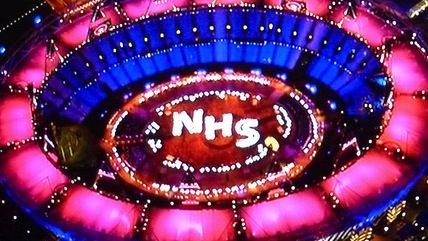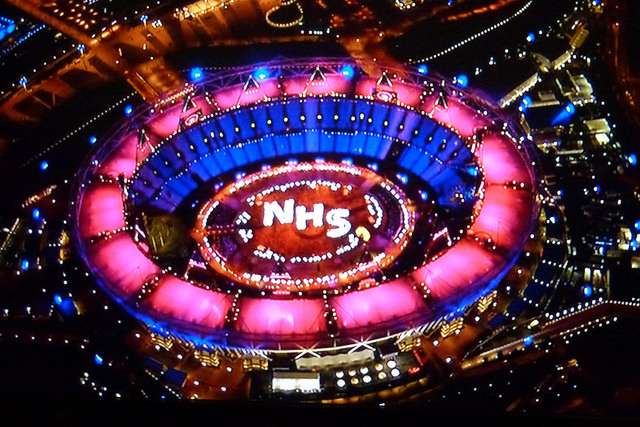UK Government Hospitals Slammed for Poor Patient Care


Britain's National Health Service has come under intense criticism after a review of the public sector corporations, known as hospital trusts, responsible for the management of hospitals. The review in England led by Professor Bruce Keogh, National Health Service England's medical director, found systemic failures in 11 out of the 14 trusts investigated. The review came in response to the Mid Staffordshire hospital scandal, in which hundreds of patients died due to a lack of basic care.
Health Secretary Jeremy Hunt told MPs, "No statistics are perfect but mortality rates suggest that since 2005, thousands more people may have died than would normally be expected at the 14 trusts reviewed. Worryingly, in half of those trusts, the Care Quality Commission — the regulator specifically responsible for patient safety and care — failed to spot any real cause for concern, rating them as 'compliant' with basic standards."
These findings must have taken Mr. Hunt by surprise, since he previously described the U.K.'s socialised healthcare system in nothing less than the most sycophantically uncritical tones, "In 65 years, the NHS has quite simply done more to improve people's lives that any other institution in our history, and its equity and excellence make us the envy of the world." The report will certainly be leaving foreign observers wondering what on earth they are supposed to be envying.
From the BBC:
Mr Hunt set out a detailed breakdown of the problems identified at the individual trusts, but among the common themes listed were:
• Patients being left on trolleys, unmonitored for excessive periods and then being talked down to by consultants
• Poor maintenance in operating theatres, potentially putting patients in danger
• Patients often beingmoved repeatedly between wards without being told why
• Staff working for 12 days in a row without a break
• Backlogs in complaints
• A patient inappropriately exposed where there were both male and female patients present
• Low levels of clinical cover - especially out of hours
• Hospital boards being unaware of potential problems, including a spate of stillbirths
In response to the findings, 11 of the 14 hospital trusts are to be put into "special measures" which includes experts to be sent to work with senior management to rectify the problems. In total, the trusts that were investigated are responsible for 19 acute hospitals. Former Chancellor of the Exchequer Nigel Lawson once said that the NHS was "the nearest thing the English have to a religion." Perhaps after the recent tragedy at Mid Staffordshire hospital, and Professor Keogh's report, the English will begin take a more skeptical attitude toward the national faith.


Show Comments (24)